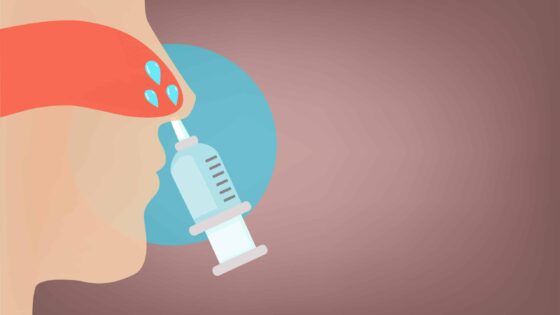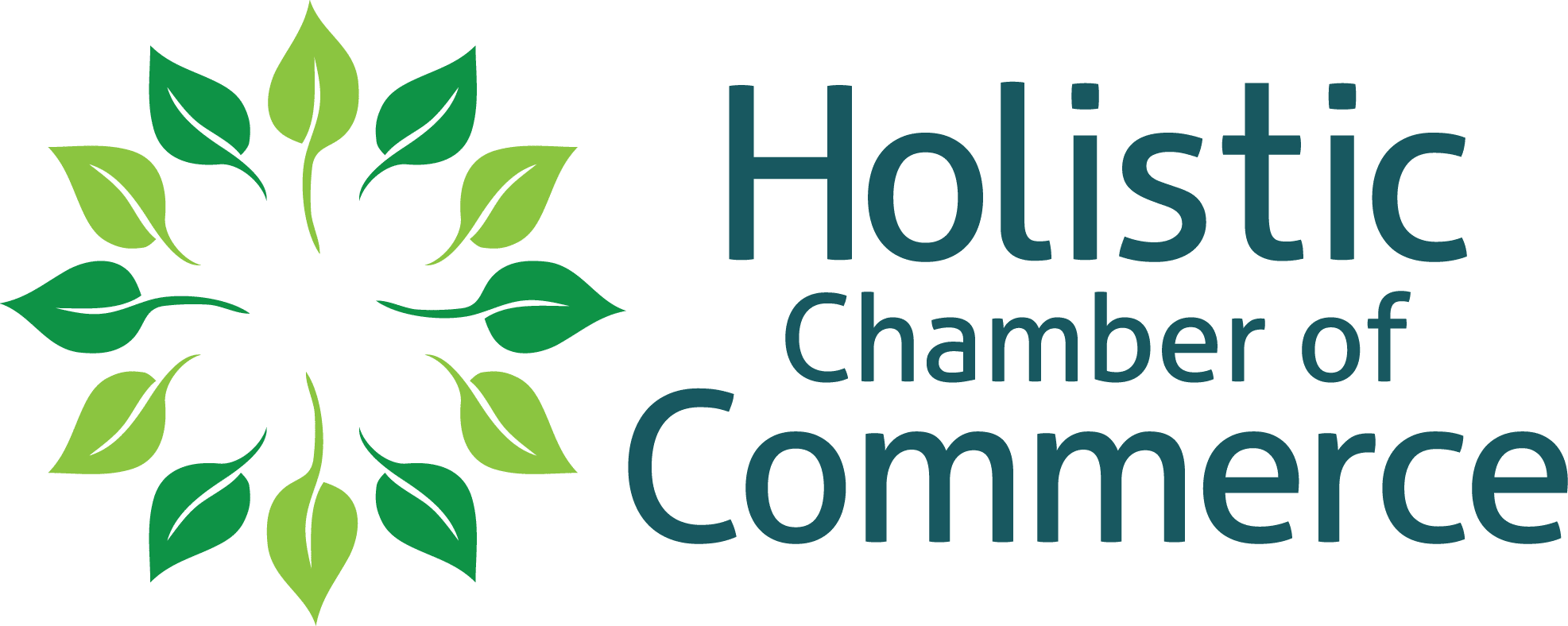
Nasal irrigation, also known as nasal lavage or simply nasal rinsing, is the process of cleaning the nose with saline solution. But is nasal irrigation really beneficial? Let’s take a closer look at the evidence. This can be done using a neti pot, bulb syringe, or other irrigation devices. Some people do this on a daily basis in order to keep their noses healthy and clear of congestion and bacteria.
Benefits
The main benefits of nasal irrigation are that it can help clear the airways and make breathing easier. It can also help reduce sinus inflammation, especially in people with frequent sinus infections or allergies. Nasal rinsing is also thought to reduce post-nasal drip and may even be beneficial for those with asthma.
In addition to these potential benefits, there is some evidence indicating that nasal irrigation may have protective effects against viral illnesses such as the common cold or flu. A few studies have shown a decrease in symptoms when compared to those who did not use nasal rinses. However, more research is needed to confirm these findings before any firm conclusions can be made about its effectiveness in treating illnesses.
Nasal Irrigation Risks
When considering whether or not nasal irrigation is right for you, it’s important to consult with your doctor first. While it is generally considered safe, there are some risks associated with it. For example, because the solution used in nasal rinsing contains salt, if done incorrectly it may cause irritation and damage to the delicate tissues of the nose or sinuses. It’s also possible that bacterial contamination from unclean devices could make its way into the nasal cavity and cause infection.
The water used in nasal rinsing is very important to keeping the practice safe and healthy. The CDC recommends that water used for nasal irrigation be boiled or distilled before use. Water should be boiled for at least one to three minutes, and then cooled before using. Distilled water can be purchased at pharmacies; some bottled water is distilled, but be sure to check the label.
There have been reports of primary amebic meningoencephalitis related to doing nasal rinses. Primary amebic meningoencephalitis (PAM) is an infection of the brain caused by a microscopic organism called Naegleria fowlerithat is typically found in warm, fresh water such as lakes, rivers and hot springs. It infects people when the contaminated water enters the body through the nose and travels to the brain causing PAM, which is typically fatal. This is why tap water must be boiled before using for nasal rinses.
Who shouldn’t try nasal irrigation?
Nasal irrigation isn’t for everyone. You shouldn’t try nasal irrigation if you:
- Have an ear infection.
- Have pressure in one or both ears.
- Have a nostril that’s completely blocked.
- Have had surgery on your ears or sinuses.
Contact your healthcare provider if you have questions about whether nasal rinsing is safe for you.
Overall, nasal irrigation can have positive effects on overall health and well-being, but it should be done with caution. Talk to your doctor about whether or not this type of therapy is appropriate for you and how best to proceed before trying it out yourself. For more health related articles, visit our website www.FamilyFirstUrgentCareConroe.com.
- Cultural Competency in Urgent Care: Providing Inclusive Patient Care - April 11, 2025
- Key Facts About Hormone Replacement Therapy and Women’s Wellness - March 24, 2025
- Urgent Care for the Elderly: Specialized Services for Senior Patients - March 24, 2025



